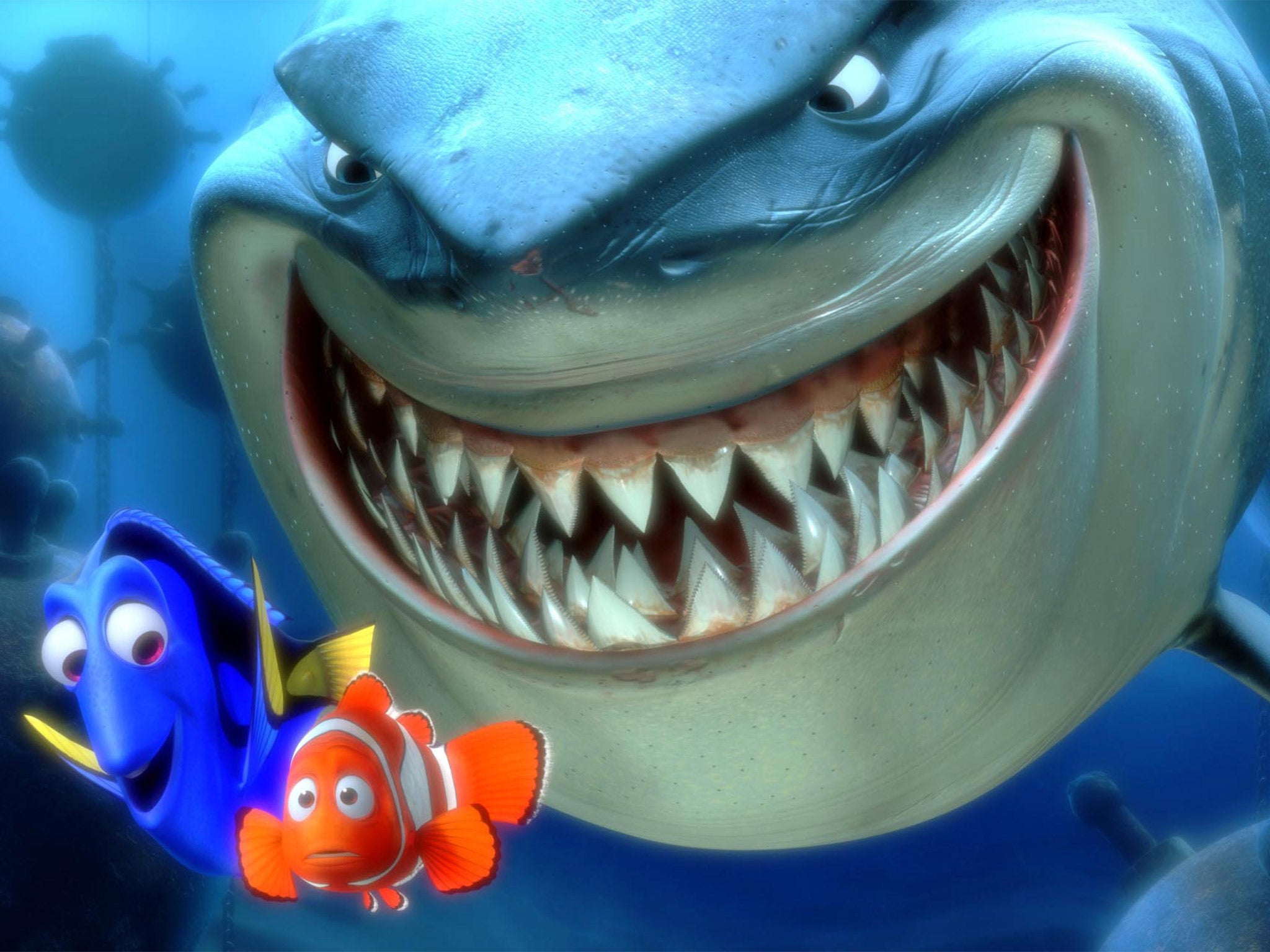Frozen and Finding Nemo are 'hotbeds of murder and mayhem' finds new study
Study highlights shootings in Bambi, Peter Pan and Pocahontas, stabbings in Sleeping Beauty and The Little Mermaid, and even Frozen and Snow White were highlighted

Your support helps us to tell the story
From reproductive rights to climate change to Big Tech, The Independent is on the ground when the story is developing. Whether it's investigating the financials of Elon Musk's pro-Trump PAC or producing our latest documentary, 'The A Word', which shines a light on the American women fighting for reproductive rights, we know how important it is to parse out the facts from the messaging.
At such a critical moment in US history, we need reporters on the ground. Your donation allows us to keep sending journalists to speak to both sides of the story.
The Independent is trusted by Americans across the entire political spectrum. And unlike many other quality news outlets, we choose not to lock Americans out of our reporting and analysis with paywalls. We believe quality journalism should be available to everyone, paid for by those who can afford it.
Your support makes all the difference.Forget thrillers like Pulp Fiction and Black Swan for violent kicks at the flicks. The main characters in cartoons for children, including Finding Nemo and Tarzan, are more than twice as likely to be killed off as those in films for adults, according to a new study.
Researchers studied the top cartoons, from Snow White to Frozen, and dubbed them “rife with death and destruction”, after finding the content was on a par with “rampant horrors” among popular films for adults.
“Grisly deaths in cartoons were common”, the report said, including shootings in Bambi, Peter Pan and Pocahontas, and stabbings in Sleeping Beauty and The Little Mermaid.
The research, carried out by University College London and the University of Ottawa, and published in the British Medical Journal, also pointed to potentially traumatising animal attacks in A Bug’s Life, The Croods and How to Train Your Dragon.
Head researchers Ian Colman and James Kirkbride pointed to notable screen deaths including Nemo’s mother, who is eaten by a barracuda within the first five minutes of Finding Nemo, and Tarzan’s parents being eaten by a leopard. Dr Colman said: “Rather than being innocuous and gentler alternatives to typical horror or drama films, children’s animated films are, in fact, hotbeds of murder and mayhem.”
Onscreen death and violence “can be particularly traumatic for young children, and the impact can be intense and long lasting”, Dr Kirkbride added.
To assess the amount of violence cartoons expose young children to, the researchers analysed the length of time it takes for key characters to die in the 45 top grossing children’s cartoons released between 1937 and 2013.
They were compared with the violent content in the two top grossing films for adults released in the same year as each of the cartoons, excluding the action or adventure films marketed to children.
The study found two in three cartoons showed the death of an important character, compared with half of the adult films.
Citing films such as Bambi and Tarzan, the authors said that the parents of main characters were found to be more than five times as likely to die in children’s cartoons as they were in films targeted at adults. The researchers said the film genre and year of release had no bearing on the results, adding “there is no evidence to suggest that the level of violence has changed in children’s films since Snow White in 1937”.
In Snow White, the protagonist’s stepmother, the evil queen, was struck by lightning, forced off a cliff and crushed by a boulder.
Join our commenting forum
Join thought-provoking conversations, follow other Independent readers and see their replies
Comments